DO YOU THINK YOU ARE BEING HEALTHIER by choosing decaf? I suggest sitting down (with a cup of coffee) for my answer. Today we explore decaf coffee and cancer risk.
I don’t tolerate caffeine well. At all.
So, I use decaffeinated coffee as a guilt-free way to enjoy a daily espresso brew without the jittery side effects of caffeine.
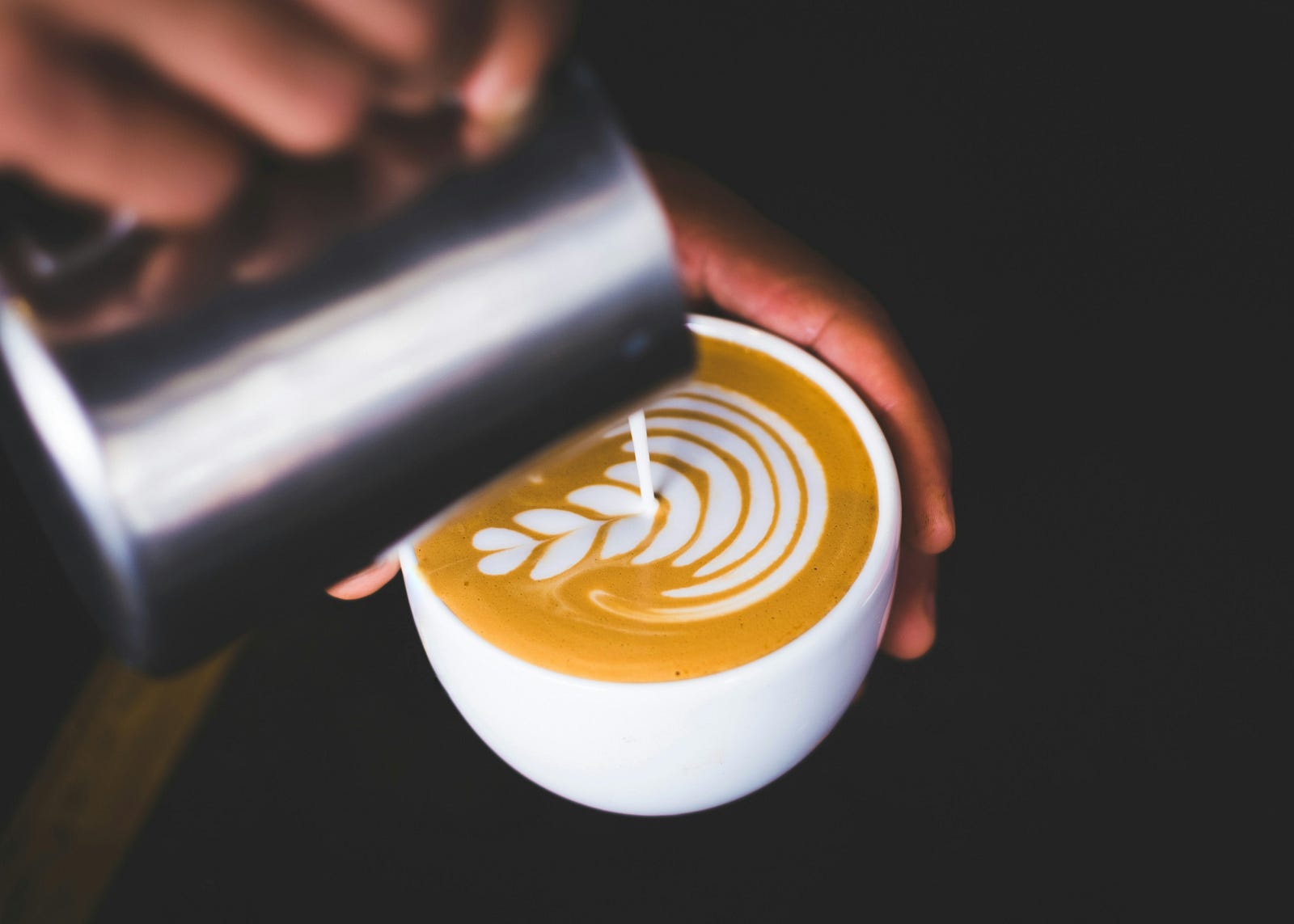
TL; DR. Takeaway Message
For the too long, didn’t read (TL; DR) crowd out there; I want to get to the takeaway message immediately.
As we swap regular roasts for decaf, are we missing out on some of the unexpected perks accompanying the buzz?
Fortunately, most human studies indicate that regular and decaf coffee offer similar cancer risk reductions.
A shout out to Joyce, one of my dear readers who asked whether she, a decaff consumer like me, got cancer risk reduction from her consumption, prompting today’s writing.
Coffee Consumption Raises Cancer Risk?
Let me start by acknowledging that coffee can contain acrylamide, a potential carcinogen.
In 2018, a California (USA) court shocked many coffee consumers.
It ruled that coffee sold within the state may need a cancer warning label due to acrylamide.
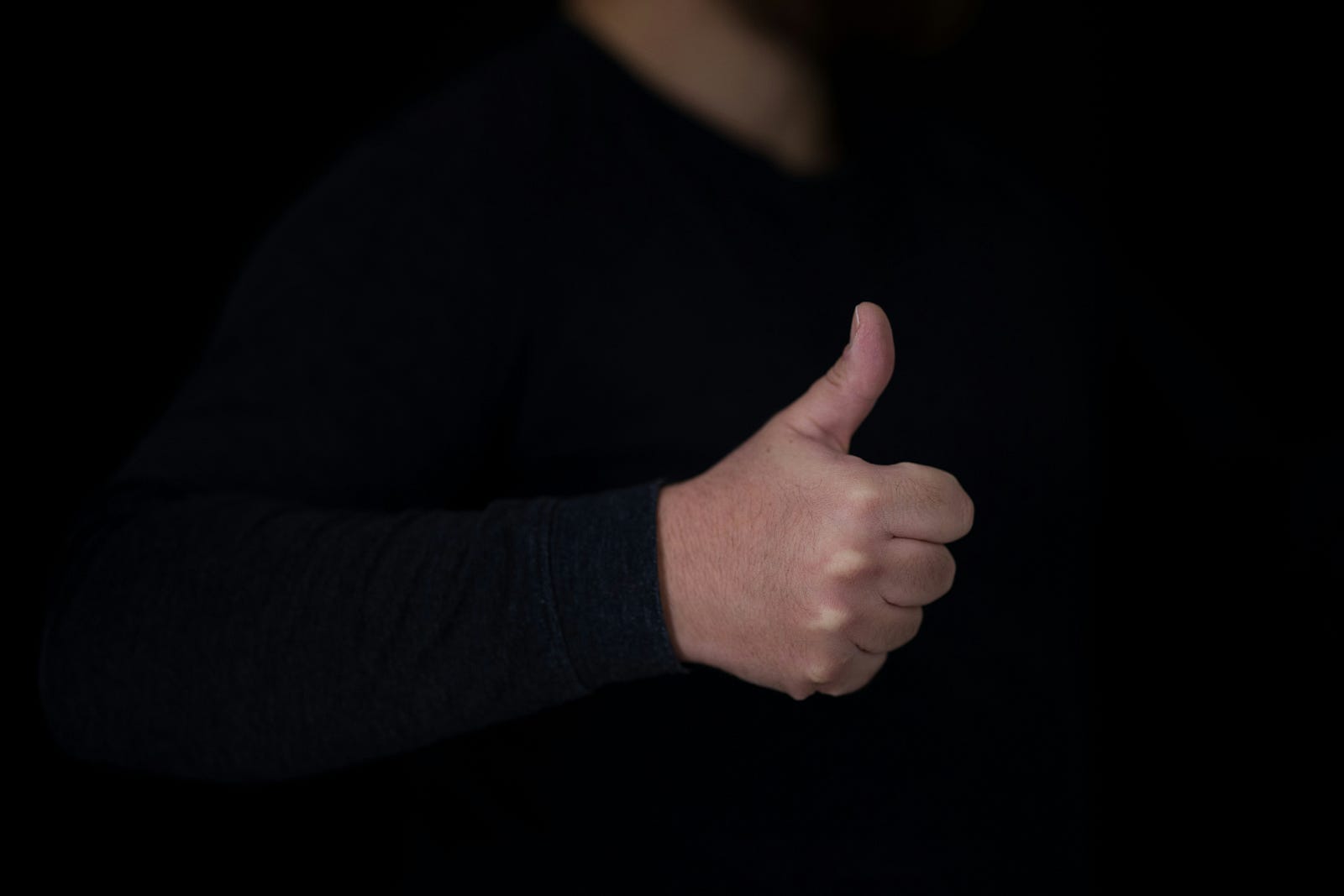
The Food and Drug Administration (FDA) responded by offering years of data pointing to coffee’s safety.
The California Office of Environmental Health Hazard Assessment (OEHHA) decided against the warning label.
Here’s my take: While there may be a connection in lab animals (in much higher doses than humans consume), there are no clear links between acrylamide in food and human cancer risk.
Are There Other Links Between Coffee and Cancer?
I don’t tolerate extremely hot beverages.
The Japanese have a term for that: 猫舌 (nekko jeeta), or cat’s tongue. It means being unable to consume hot drinks or food.
Is there a connection between drinking very hot drinks and cancer?
My answer may surprise you: The International Agency for Research on Cancer has reported this:
There is limited evidence to suggest a link between drinking very hot beverages and esophageal cancer.
However, these research investigations were done with maté, a traditional tea consumed in South America, Africa, and Asia.
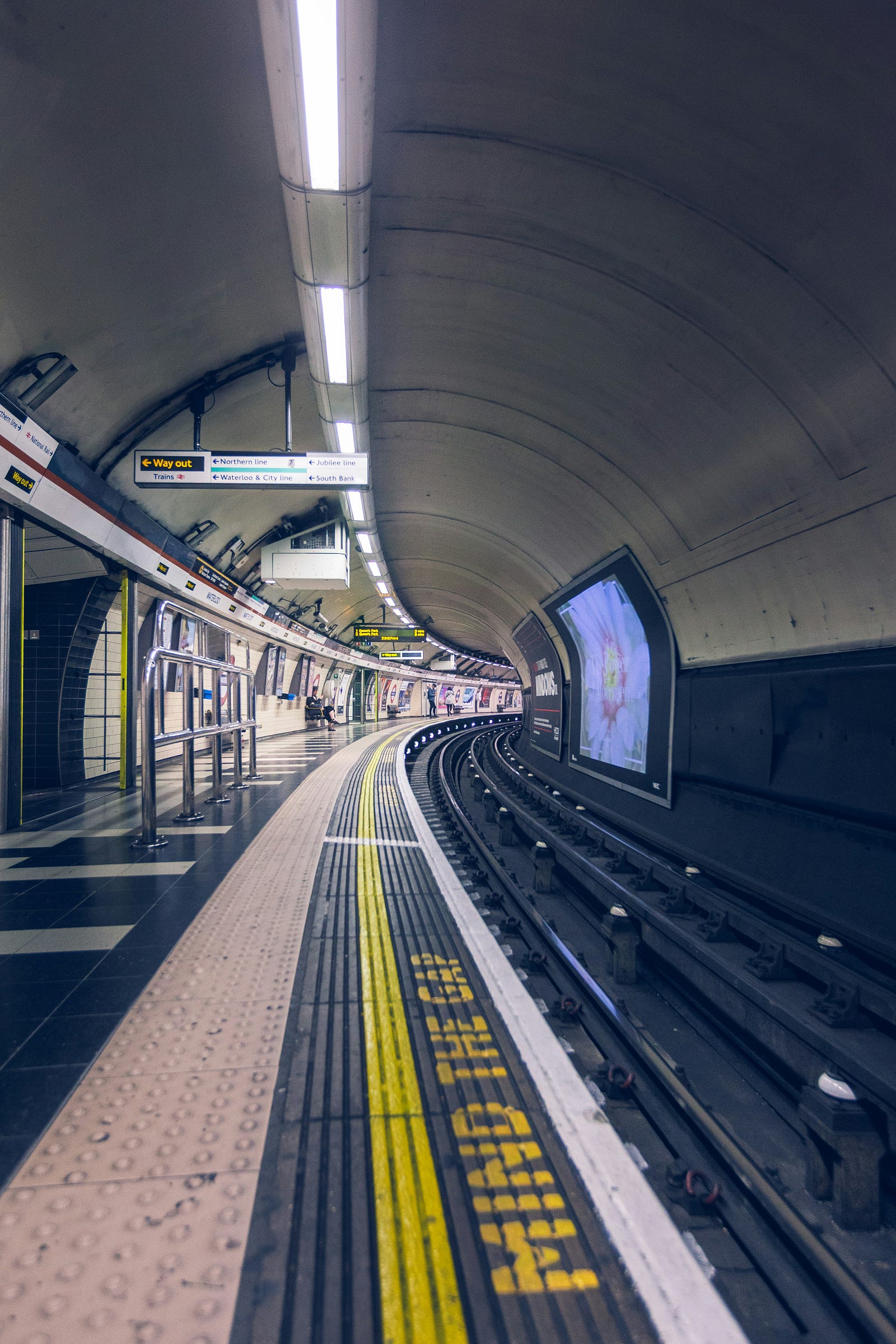
Mind the Temperature
The American Cancer Society (ACS)Trusted Source explains that “very hot” beverages refer to drinks served at or above 149°F (65°C).
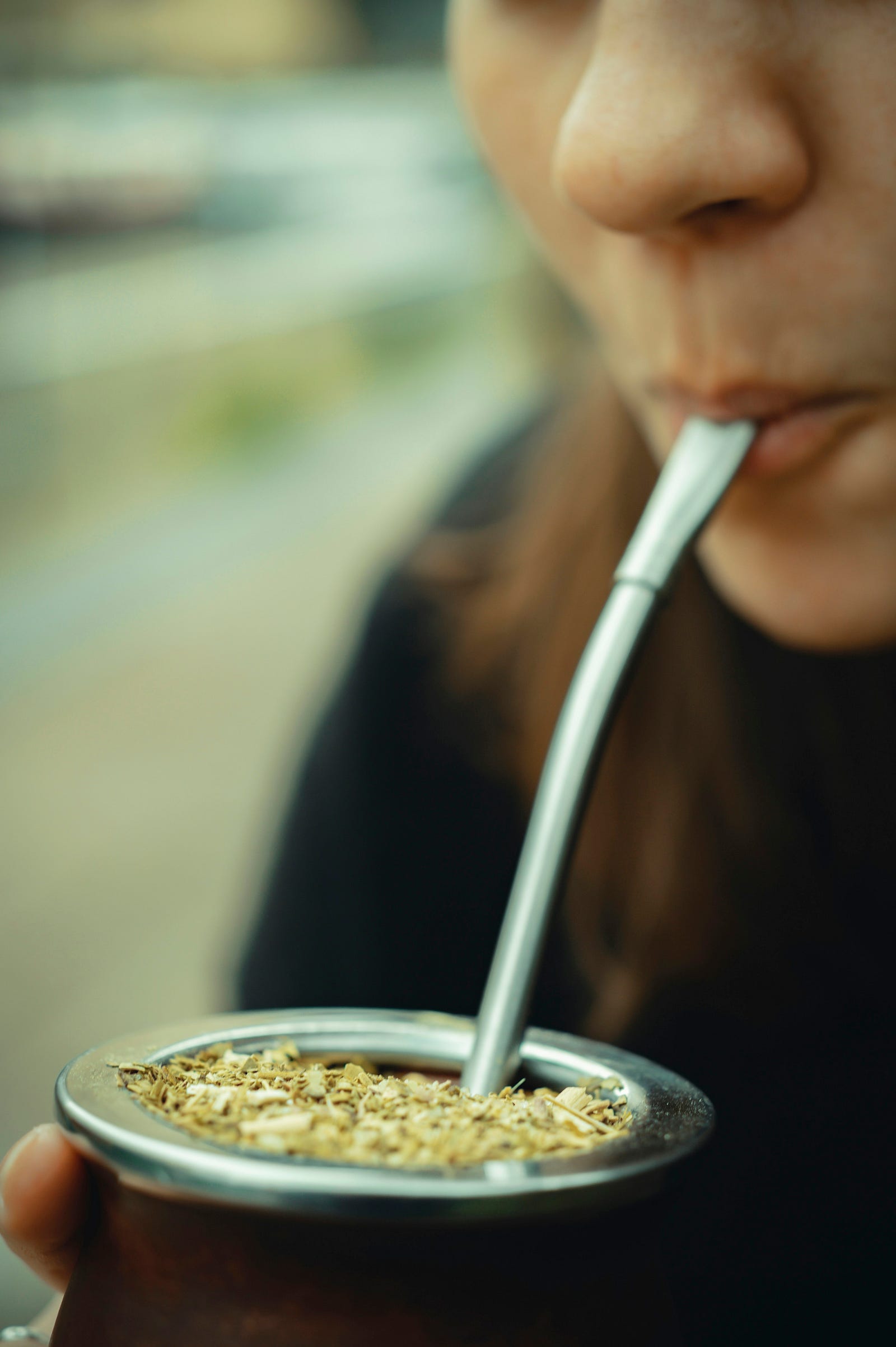
While maté is traditionally served at such a temperature, coffee and other hot beverages typically are not consumed at such high temperatures in the United States.
However, sometimes hot beverages may be served above 149°F (65°C), so please be careful.
Does Regular Coffee Reduce Cancer Risk?
Read the headlines, and you may come away confused.
Some reports tout the cancer-reducing properties of coffee, while others highlight its potential to cause cancer.
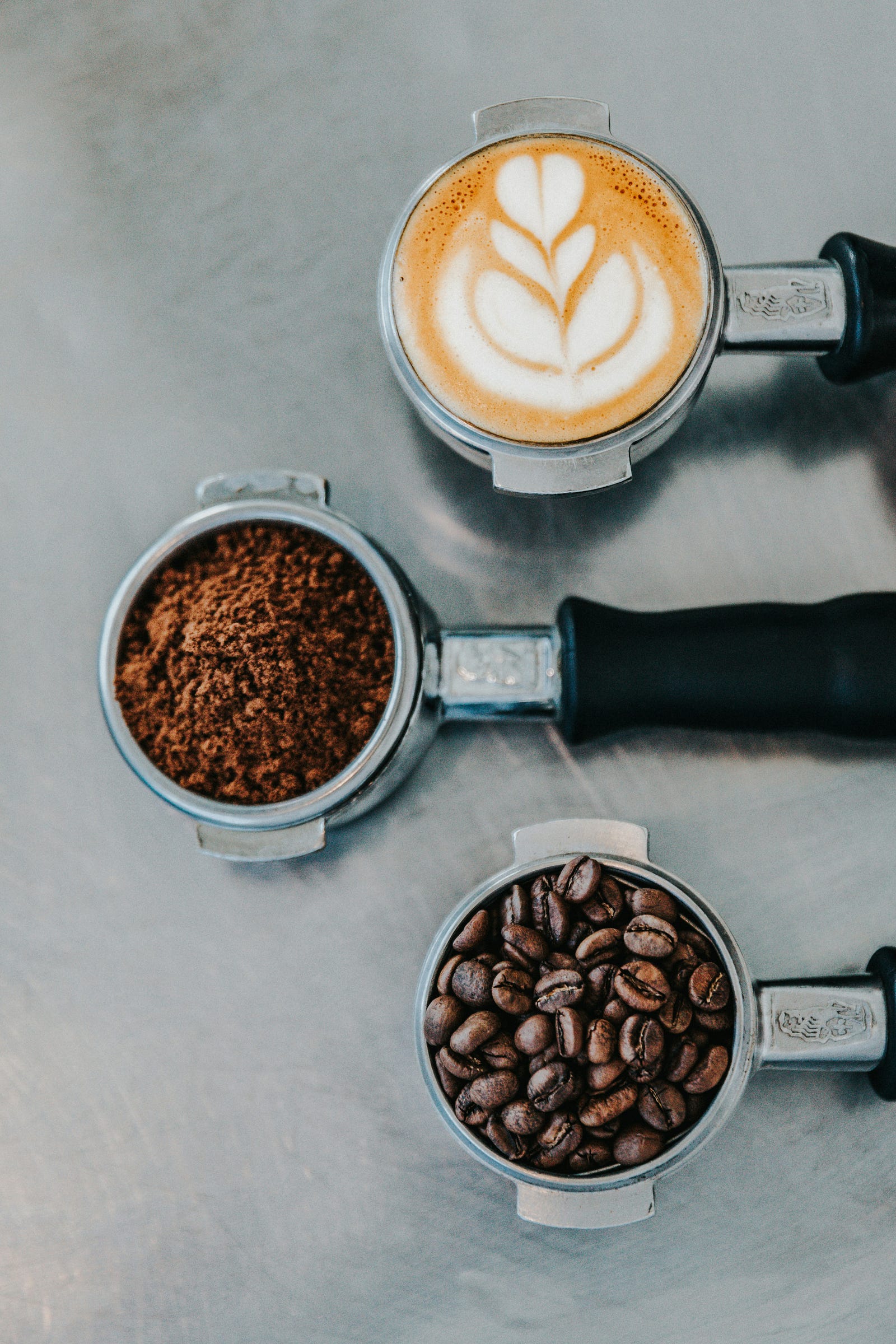
The American Institute of Cancer Research (AICR) provides some clarity:
Drinking coffee reduces the risk of endometrial (uterus) and liver cancer.
Moreover, there is limited proof that coffee drops our risk for these cancer types:
- Oral
- Pharynx
- Larynx
- Skin
A separate large 2017 review suggests that drinking coffee may lower a person’s risk of developing these cancers:
- Prostate
- Skin
- Liver
- Leukemia
- Endometrial (uterus)
- Oral
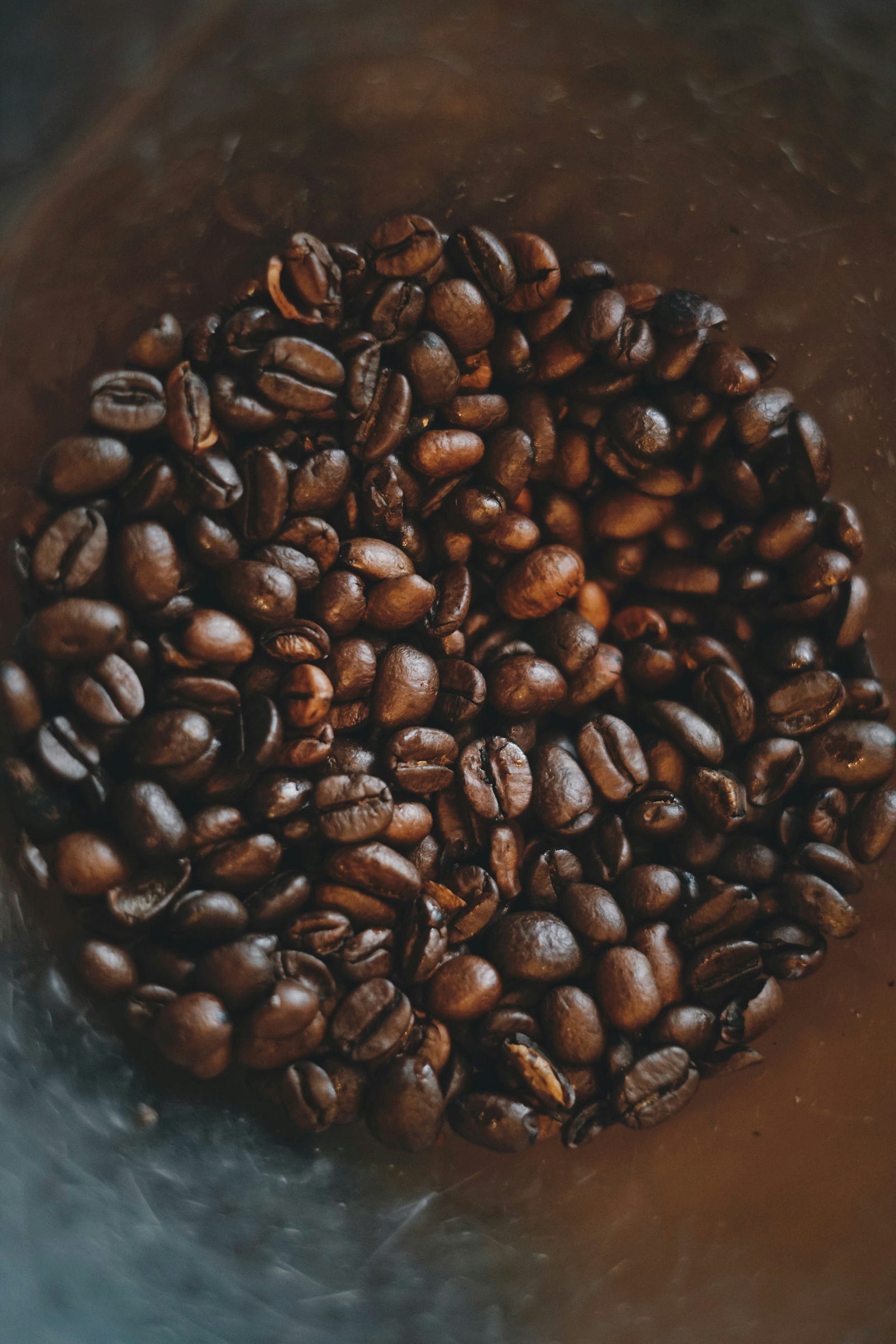
What About Decaf Coffee?
So, what about those of us who do not tolerate caffeine?
Do we lose out on cancer risk reduction if our coffee lacks more than minimal caffeine levels?
Perhaps not. Here are some examples:
Colorectal cancer
One study showed this:
Colorectal cancer risk was inversely proportional to coffee consumption. It did not matter whether the brew contained caffeine.
More Examples
I found many articles on the risk reduction properties of coffee consumption on colorectal cancer risk.
But what about other cancers?

Ovarian cancer
A separate study showed that the caffeine did not matter, at least for ovarian cancer risk reduction.
Liver cancer
Greater intake of caffeinated coffee and, to a lesser extent, decaffeinated coffee appears to be associated with a lower liver cancer risk, including for those with pre-existing liver disease.
How Is Coffee Reducing Cancer Risk?
While we need more solid evidence, coffee’s protective mechanisms may differ for various cancer types.
Possible mechanisms of action include these:
- Coffee may reduce cancer risk by providing more antioxidants and lowering inflammation and DNA damage in the body.
- Coffee may reduce the risk of certain cancers by improving insulin sensitivity. This change can lower the risk of cancers promoted by high insulin levels.
- More sex hormone-binding globulin (SHBG) in the body can reduce the estrogen available to promote estrogen-sensitive cancers.
My clinical literature review left me with the impression that we don’t know.
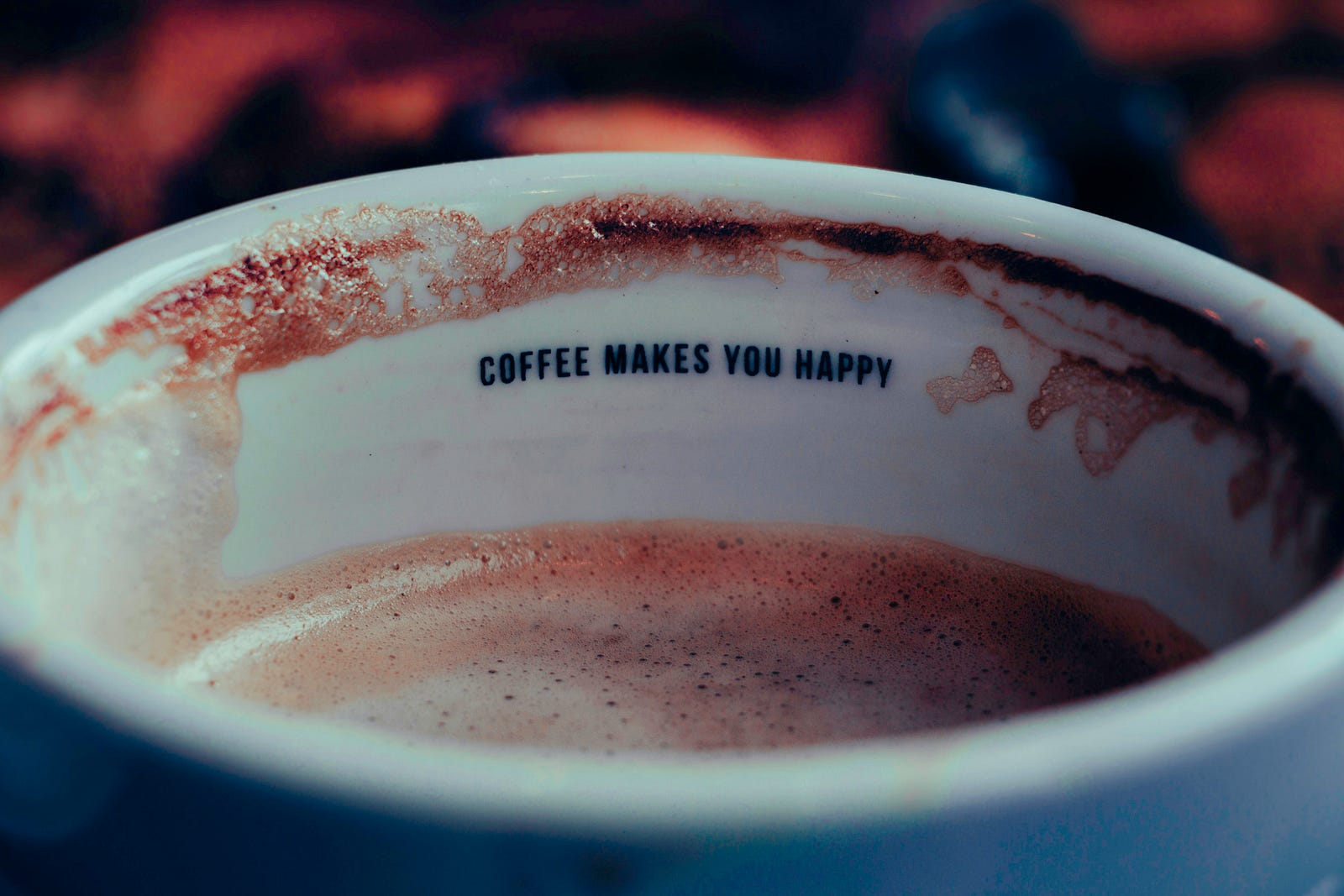
Summary
Here’s my overall takeaway message:
While laboratory studies suggest caffeine has anti-cancer activity, many epidemiological studies show that cancer risk drops even among those of us who consume decaffeinated coffee.
One more thing
The US Food and Drug Administration recommends that adults limit their caffeine consumption to no more than 400 mg daily.
This amount translates to about four or five cups of regular coffee.
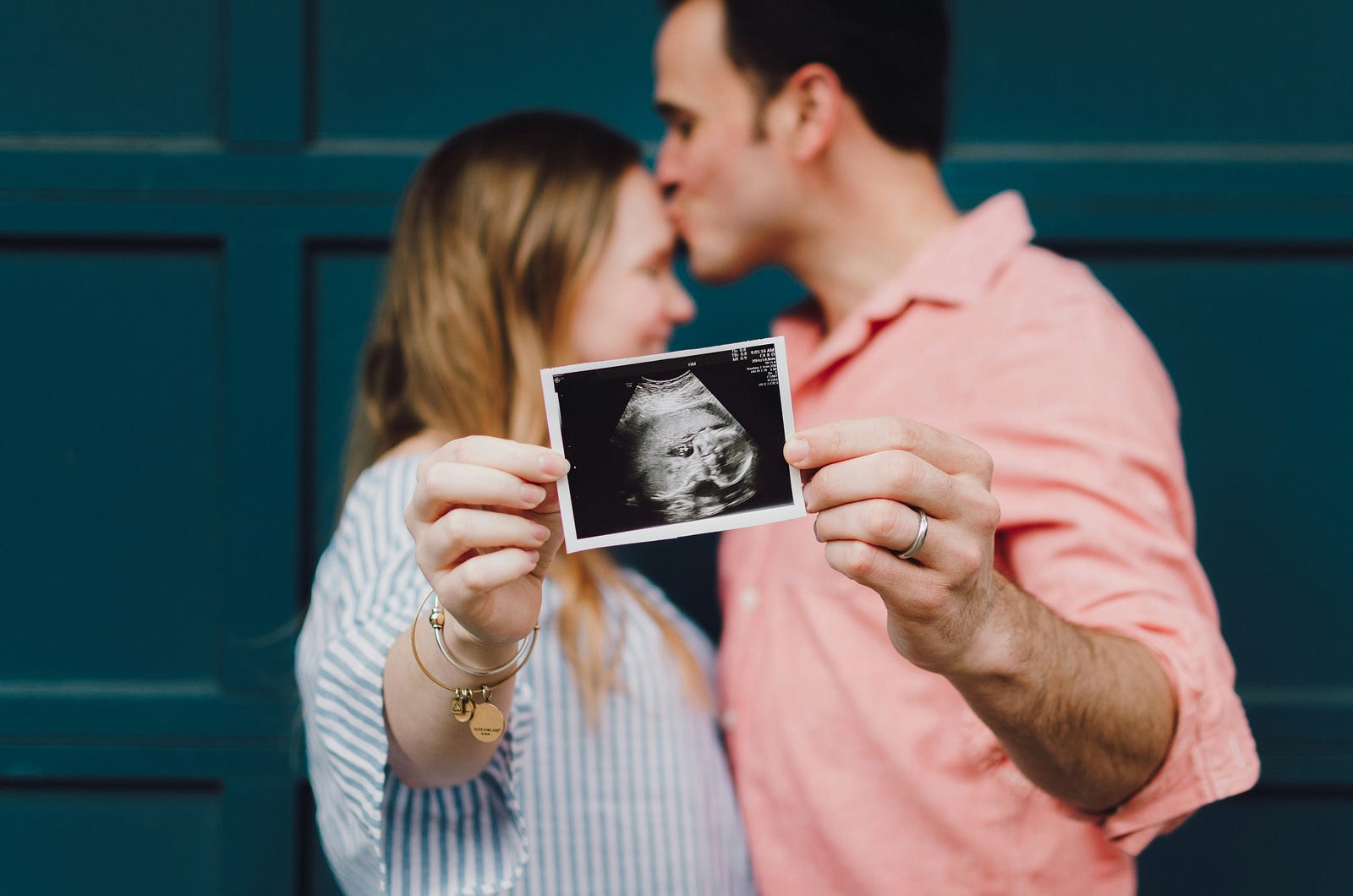
The FDA also advises that women who are pregnant, breastfeeding, or trying to become pregnant should speak to their doctor about safe caffeine levels.
Be careful if you have sleep challenges, anxiety, cardiovascular conditions, bladder problems, or gut issues (such as stomach ulcers or acid reflux).
Finally, certain medications (including some anti-depressants and antibiotics) may interact with coffee.
Do you drink coffee? Or do you prefer tea? Or neither? Please tell me about your favorite brew.
Thank you for reading “Decaf Drinkers: Are You Missing Out on More Than Just Caffeine?” I am delighted that the answer appears to be no regarding cancer risk reduction. If you enjoyed this piece, please sign up to follow this blog. If you want to see other essays, just hit the HOME button at the top of the page.




